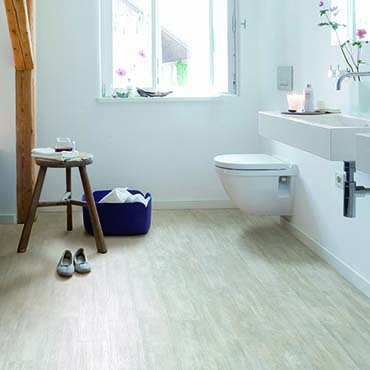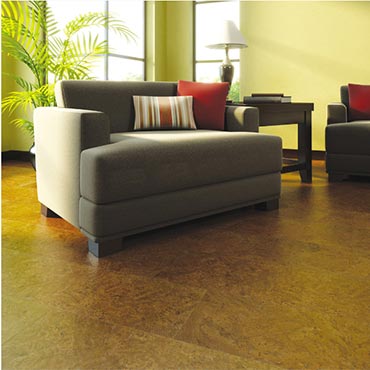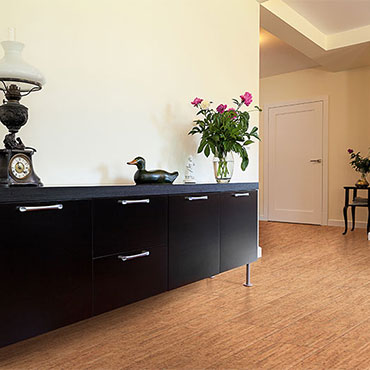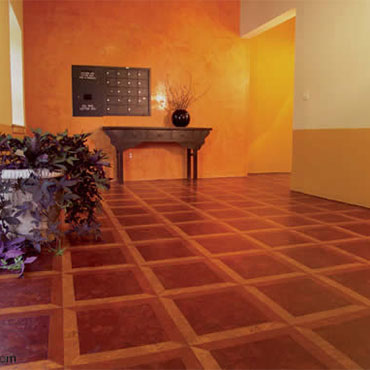Cork Tile Flooring
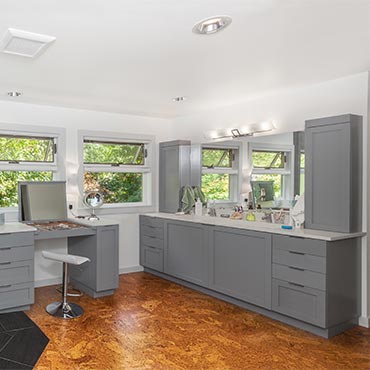
Cork Tile Flooring: The Sustainable Luxury for Elegant Interior Design
Transforming Spaces with Cork Tile Flooring: The Perfect Blend of Sustainability and Style
Cork Tile Flooring offers an exceptional fusion of aesthetics, comfort, and sustainability that appeals to modern interior designers and decorators. Imagine stepping into a room where the flooring not only provides a warm, cushioned surface but also aligns with the highest standards of eco-conscious design. For professionals who seek versatility, superior craftsmanship, and innovation, cork tiles represent the perfect balance between form and function. But what makes cork tile flooring truly stand out in today's ever-evolving design landscape?
What is Cork Tile Flooring?
Cork Tile Flooring is crafted from the natural bark of cork oak trees, known for its softness, elasticity, and durability. The tiles are cut from sheets of cork and are available in various sizes, textures, and patterns, offering endless possibilities for customization. Cork tiles have unique properties, such as insulating against sound and temperature variations, providing anti-microbial resistance, and reducing joint strain with every step.
Cork Tiles vs. Cork Planks and Sheets
When choosing cork flooring, designers often face the decision between cork tiles, planks, and sheets. While all three options provide the benefits of cork—natural insulation, durability, and comfort—cork tiles offer a distinct advantage in versatility and design flexibility. Unlike cork planks, which mimic
hardwood floors, or cork sheets that present a seamless look, cork tiles allow for modular arrangements, creating unique patterns and visual interest. Their smaller size and array of color options make cork tiles the go-to choice for intricate, detailed designs.
For interior designers concerned about maintaining a cohesive look in open spaces, cork tile flooring provides an innovative solution. The individual tiles can be combined to create dynamic, engaging patterns while still maintaining the organic warmth of cork.
Features and Benefits Tailored for Interior Designers and Decorators
- Aesthetic Versatility: Cork tile flooring comes in a wide range of colors, textures, and patterns, from classic honey tones to rich reds, deep greens, and even black. This array of options allows designers to tailor the floor to fit various themes, from minimalist contemporary designs to lush, cozy interiors.
- Quality and Craftsmanship: Cork is known for its resilience. Each square centimeter of cork contains millions of air-filled cells, creating a soft, cushioned surface that rebounds under pressure. This natural elasticity makes cork tiles an ideal choice for high-traffic areas without sacrificing style. The durability of cork flooring has been proven over centuries, as evidenced by installations that have stood for over 100 years.
- Trend Awareness: Cork flooring aligns perfectly with the growing trend of sustainability in design. Its eco-friendly properties, derived from the renewable cork oak tree, position it at the forefront of green building practices. For decorators and designers who prioritize environmentally responsible materials, cork tiles are an obvious choice.
- Customization Options: Designers can play with various arrangements of cork tiles, mixing textures and colors to create bespoke patterns and layouts. Whether it’s creating an accent in a room or developing a cohesive design throughout a large space, the flexibility of cork tile flooring is unmatched.
- Sustainability: Cork tiles are harvested from the bark of cork oak trees, a process that doesn’t harm the trees. As a renewable resource, cork regenerates after each harvest, making it a natural choice for eco-conscious projects. Furthermore, cork’s insulating properties reduce energy consumption, contributing to the overall energy efficiency of a space.
Why Cork Tile Flooring Stands Out
While
wood flooring has long been the standard for luxury design, cork tile flooring brings a fresh approach that combines style with innovation. Its natural elasticity, noise-reducing qualities, and resistance to moisture make it a superior alternative to traditional wood. Where wood may wear down over time, cork remains resilient, making it an ideal solution for areas where durability and comfort are paramount.
Additionally, cork’s sustainability makes it a standout material in an era where eco-friendly building materials are becoming increasingly important. Cork offers the luxury of wood with a more environmentally conscious footprint.
Ideal Rooms for Cork Tile Flooring
Cork tile flooring is particularly well-suited for areas where comfort, warmth, and moisture resistance are required. It is an excellent choice for
kitchens,
bathrooms,
family rooms, and children’s rooms. Cork’s natural properties ensure it maintains a warm and inviting feel underfoot, and its water-resistant features make it ideal for rooms prone to humidity. The soft texture also makes it a favorite for spaces where people spend long periods standing or walking.
Elevate Your Designs with Cork Tile Flooring
Cork Tile Flooring isn’t just a practical choice—it’s an opportunity to elevate any interior space with elegance and environmental responsibility. Whether you're crafting a modern, minimalist space or a warm, inviting family room, cork tiles provide a stunning foundation for creative expression. Explore the full range of possibilities with Cork Tile Flooring and discover how this sustainable option can transform your next project.
Disclaimer: The information provided in this article is for general informational purposes only. While we strive to ensure the accuracy and reliability of the information presented, we make no warranties, express or implied, about the completeness, accuracy, reliability, suitability, or availability with respect to the content. Any reliance you place on such information is strictly at your own risk. We recommend consulting with professionals for specific advice tailored to your project’s needs, particularly regarding building codes, regulations, and product specifications.
Under no circumstances shall we be liable for any loss or damage, including without limitation, indirect or consequential loss or damage, arising from the use of, or reliance on, the information provided in this article.



